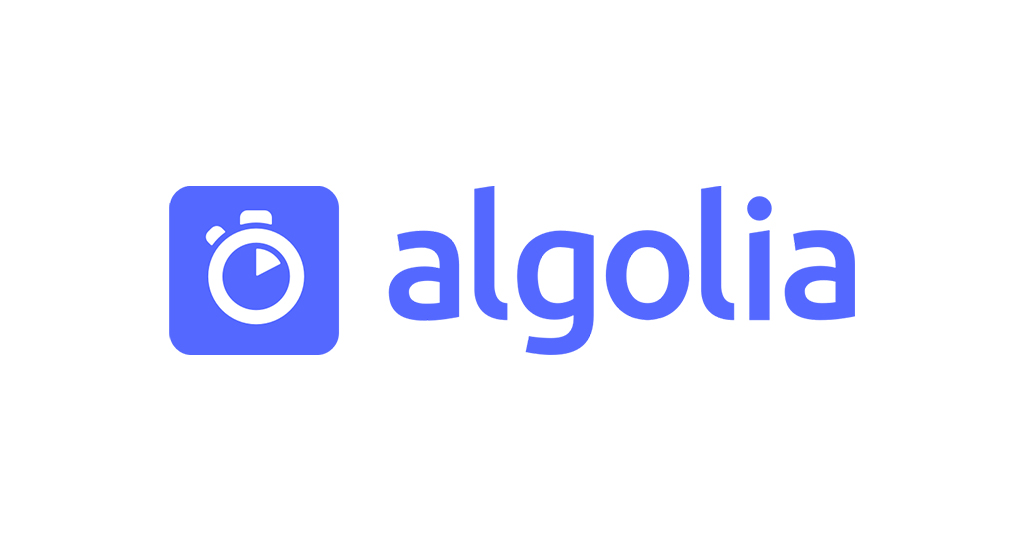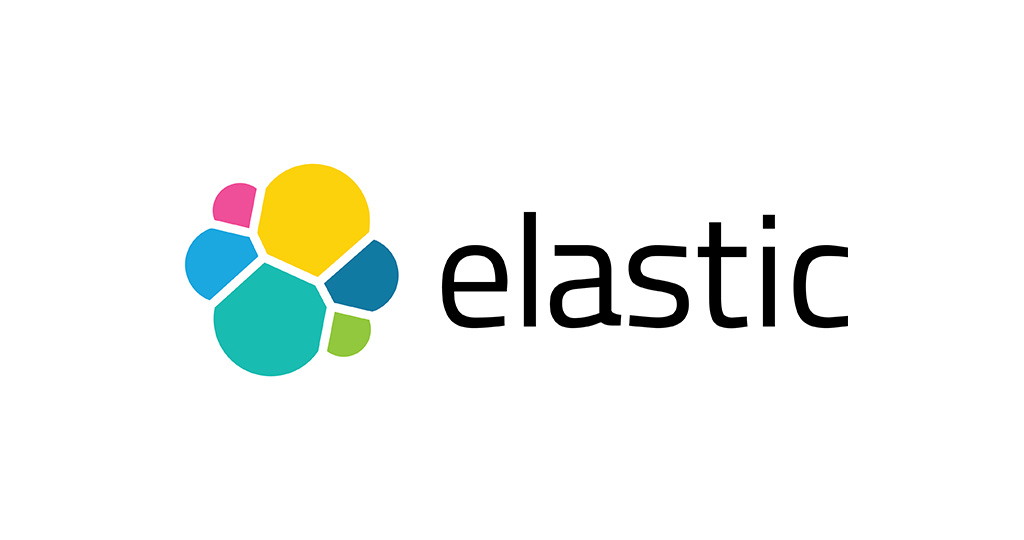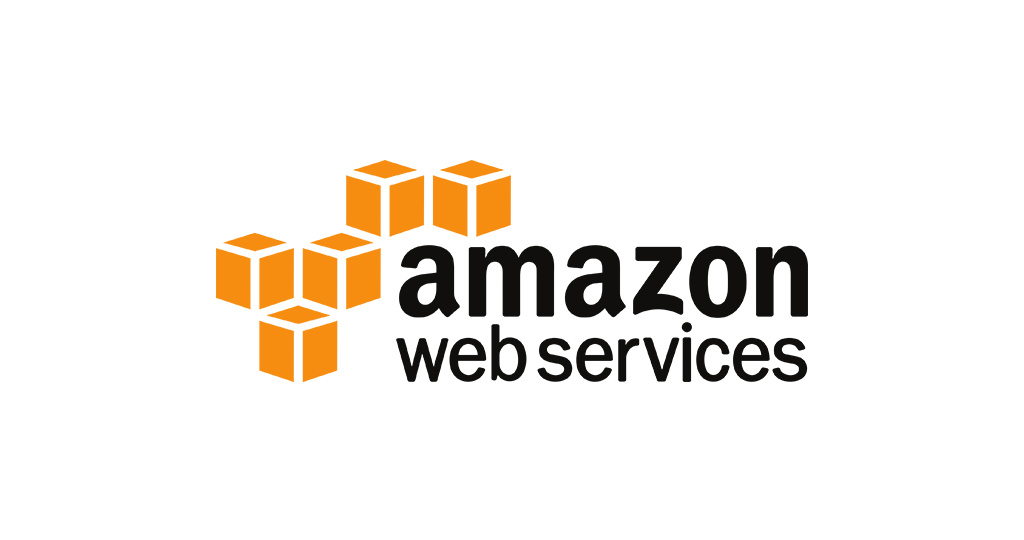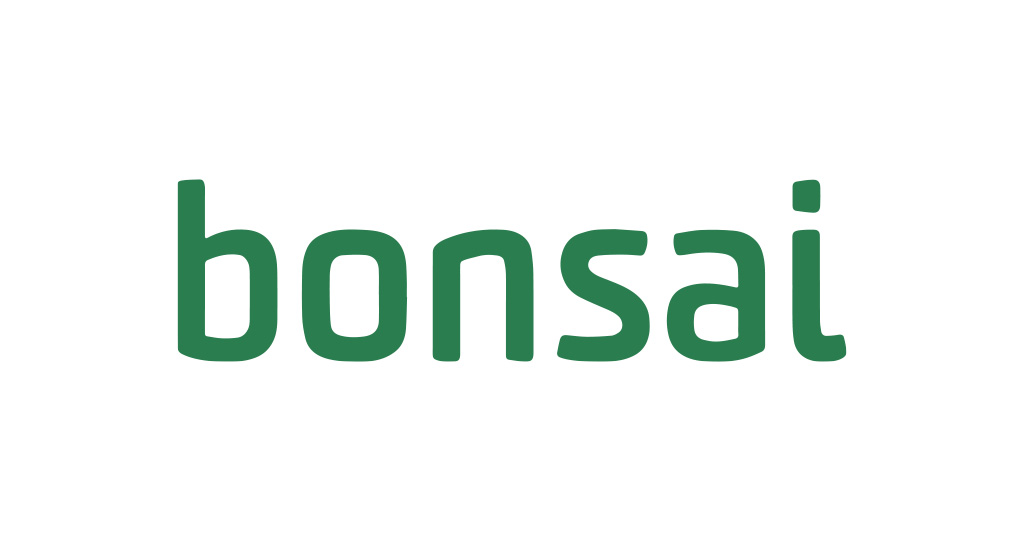
5 Incredible Search & Discovery Platforms For Your Business & How They Work
Jerry Wallis
13 min read

There are a variety of search & discovery platforms that businesses can use to find what they need. It’s essential to know the differences between them to make the best decision for your business.
This post will introduce you to the five main types of search platforms and discuss how each one works. We’ll also provide recommendations for which platform is best suited for different types of businesses. Let’s get started! 🧐
Introduction 💻
The internet has drastically changed the way businesses operate. To remain competitive, it is crucial to understand and utilise both the latest and longstanding technologies. One such technology is internal search engines for your website or application.
Search engine platforms allow for the implementation of efficient and flexible searches on your sites. These tools can be used to help find the information available on your own website or application more quickly than ever before, giving you an edge over competitors who may not have this capability within their own infrastructure.
Many different search platforms are available, each with unique benefits and features, so choosing the right one is more crucial than ever.
What’s A Search & Discovery Platform For Business? 💭
Say your customers want to search for a specific product or service on your website. They type in the keyword, and even as they type, they can see the search results within a few milliseconds, thanks to in-browser caching. So users expect relevant search results to show up on the screen by the time they finish typing. If they don’t see what they’re looking for or if they get the results too late (it could be a matter of a few extra milliseconds!), they get frustrated with your website. They might end up browsing on your competitor’s page.

The fault, dear business owners, lies in the search engine integrated into your web page — it’s that simple, really.
Obviously, the websites you use every day almost certainly have a team working on their search engine. This is because the most popular sites in recent times, like YouTube and Amazon, produce massive content for people to find through manual searches.
The best way around this problem? Investing time into using a trusted search engine platform so that when users perform a search on your site by typing something specific, they will be led straight to what they’re looking for.
To help potential buyers find what they need on a site, brands must choose an effective web search engine. Various platforms are available with products for internet searches, including Elasticsearch and Azure. Still, it is essential to know how each works to avoid getting overwhelmed by all your options or deciding too quickly without doing some research first.
A Good Search Experience Is Non-Negotiable 🙅♀️
When users search for your products or services on their favourite search engines, such as Google, Bing, or DuckDuckGo, they expect to find highly relevant information as quickly as possible. The same holds true when they apply internal searches within your website or application — they want quick and effective results.
If users have bad experiences with the internal search servers, there’s nothing you can do about it since most of them just move on and find another place to shop or use their service/product online.
The bottom line is that users expect a seamless experience in every app, website, and other digital product they use. This means that you need your site’s search engine to be fast and accurate so people don’t get frustrated when it takes too long to find what they’re looking for on the web page or mobile application.
Two things matter more than anything else: speed and relevancy.
Search relevancy is an essential concept for many people in the world of search engine optimisation. It’s often mentioned as one way to improve your ranking on Google, like figuring out how best to use relevant keywords on your page that customers are likely to use when searching.
In addition to search relevancy, speed matters equally. Your search experience should deliver results within 100 milliseconds, or people will notice something is amiss and stop using your service altogether, leaving you to salvage what credibility is left.
Top 5 Search & Discovery Platforms For 2022 ✋
Search is one of the essential features in apps that surface text content. It facilitates easy navigation and discovery for users by organising it into categories or when you need information about something specific.
While there are general search engines, such as Google, Yahoo, and Bing, catering to the users on the web, search engine platforms for business refer to the internal search platform integrations that companies make within their websites or applications so that users can easily navigate and search across the pages.
With proper implementation, internal search engines (or also known as search & discovery platforms) can be an essential tool for your business. They give you access to information about what people search for and how they browse online content. If there’s something wrong, it won’t show up in statistics or conversion rates. The critical part is ensuring developers understand all implementation aspects through analytics platforms like Google Analytics.
Below is a list of the five best search engine platforms for your business. We’ve also included the pros and cons of each platform, making it easier for you to choose the best one for your company.
#1 Algolia

The Algolia search engine provides users with a rich experience, including filters, query suggestions, and clarifications. Thanks to cutting edge technologies, people quickly find what they are looking for on sites using this powerful platform.
Algolia is one of the most used hosted search engines globally as it provides real-time results from the first keystroke. Its advanced search features provide users with a rich and fast experience. It offers them an intuitive interface, where they will find their needs fulfilled quickly, without any hassle or confusion.
You can view Click and Conversion Analytics: these tell you which products your users clicked on and what they bought or liked. You’ll also be able to see popular searches by niche interest so that the right content is always at hand for all of those interested in it.
Algolia is a SaaS site search engine built from the ground up. It’s been called the most complete and easy to use for its speed, accuracy — and lack of complexity when you need to manage custom rules or pricing.
However, there are drawbacks: every time an algorithm needs re-indexing your content (for example, during A/B testing), it can double monthly usage, quickly exceeding quotas. So you’ll have to choose a plan that covers your needs.
Recently, we’ve implemented the Algolia search on our Learning Centre page, and we’re thrilled with the results. Users can now search across the articles, find precisely what they’re looking for, and navigate across the search results — all in a matter of milliseconds! Algolia’s typo tolerance and auto-completion also help in finding more accurate results.
That’s why Algolia has been our #1 search engine platform to date.
#2 Elasticsearch

Elasticsearch, an open-source search engine, is powered by a library called Lucene, which provides complete services of an advanced, capable, and accessible web interface. It also supports JSON documents without schema, so you can easily access your desired information in seconds.
Elasticsearch is a powerful and versatile tool that can be used for many purposes. It’s distributed and free, and its open nature makes it an appealing option among users looking to avoid vendor lock-in or expensive proprietary solutions.
The technology is excellent at indexing and searching all kinds of data, whether storing documents like emails with their attachments intact or analysing financial records into Excel spreadsheets.
The best thing about Elasticsearch is it can be used for application, website, enterprise, and analytics searches, thanks to its ability to index many types of content. However, there are some considerations you should keep in mind.
The platform is a flexible and powerful data storage search engine, but it can be challenging to learn for beginners. Though Elasticsearch is an excellent option for small use cases, it falls short when you need to store and search large volumes of data. It’s not uncommon these days — with streaming terabytes coming in every day — to have dozens or even hundreds of worth waiting on disk just because there aren’t enough shards available. So keep this in mind when you subscribe to Elasticsearch’s services.
#3 Amazon CloudSearch

Amazon CloudSearch is easy to use and can be set up in just a few minutes. The features that make this product stand out are its autocomplete, geospatial search engine capabilities, and highlighting text for easier reading on mobile devices or computers with large screens.
With CloudSearch, you can take complete control over your search engine. You decide what features are essential for complex applications and which ones will work best with more straightforward websites or apps without worrying about scaling the search solution for yourself.
The service supports 34 languages, so no matter how big an international audience there might be waiting on your content, they’ll find answers fast, thanks to its geospatial searches, emphasising, and autocomplete.
With Amazon CloudSearch, you can modify your search parameters and apply new settings on the fly. As the volume of data changes with traffic levels in real-time, it will seamlessly scale up or down as needed to meet any need.
AWS CloudSearch is a stable and fast service. However, it depends on your internet connection speed to determine how quickly you can find information with this tool. In addition, the pricing can get expensive over time.
#4 Azure Cognitive Search

Azure Cognitive Search (previously known as “Azure Search”) is a unique cloud search service with built-in AI proficiencies. It helps it in searching and identifying the relevant content. As it is a Microsoft platform, it uses its standard backend features.
With Azure Cognitive Search, you get access to APIs tools that help them build rich client-side experiences over private heterogeneous sources like web mobile enterprise applications.
The developers and business teams can build a search-based application with the help of Azure’s service. This includes capabilities such as type-ahead suggestions, hit highlighting, or faceted navigation for languages appropriate to the specified language you choose from options provided when configuring it online. What’s more, the rich search experience of Azure Search makes it easy to integrate into any custom application.
Though Microsoft Azure has many potential benefits, it also has downsides. With all infrastructure and administration handled by Microsoft, it’ll be like your data doesn’t exist. Your business computing power will be moved out of Microsoft’s data centre and into the office. This requires expertise in managing remotely and patching issues or server monitoring when new patches need to be applied.
#5 Bonsai

With Bonsai’s search function, you can quickly create and manage your campaigns with accurate results. Bonsai provides a stable foundation for your business with access to the best engineers in their field. They perform searches through an industry-leading platform, giving you more freedom on how to use other resources within your company while still getting high-quality results — all at affordable prices.
Bonsai provides a stable and reliable search engine for your company’s website that anyone on the team can use. This ensures top-quality service and provides consistency across all users of our product with access to highly trained engineers who are constantly updating new features regularly, so you don’t have to worry about keeping up.
Bonsai is ready to take the guesswork out of your next campaign. With their one-of-a-kind, fully managed service, you’ll have regular contact with them via multiple channels throughout every stage of development — from initial ideas to custom integrations into your website or application.
Compared to open-source platforms, Bonsai comes out to be expensive. If your website’s search engine needs fine-tuning and better performance, you’ll have to pay more — over $700/month — to access Bonsai’s full features.
How Do Search & Discovery Platforms Work? 🤔
Architecturally, a search service sits between the external data stores that contain your un-indexed information and client applications. The platform helps to index this unorganised raw material into an organised format so it can be easily accessed by any other software program or web browser on demand without compromising its integrity solely because there is no human interference during the inputting process.
Most search platforms work by a combination of indexing and querying.
Indexing is a process that loads content into your search service and makes it readable. Internally, the inbound text gets tokenised, so you can quickly scan through tokens with ease on any device without loading up the entire document or minutely reading every word. You have complete control of what data goes into indexers — you decide how much information should go where.
Querying is how your client app sends request messages to a search service and handles responses. When you create an index for this, it will be stored in both system-level memory (such as on-premises) or accessed remotely from Microsoft’s servers so that users have access no matter where they are located — just like how GPS works.
Things To Consider When Choosing The Right Search Platform 💡
Search doesn’t only have the potential to help your business; it also shapes them. Also, search does not know how you should run or what direction users are looking for so that they can find information about their needs in an easy-to-use way — that’s up to YOU as a company!
We recommend finding the solution that best fits your business and eCommerce needs.
Consider the following questions when choosing a service.
- Can the search platform consolidate heterogeneous content into a search index?
- Can you quickly implement search-related features, such as relevance tuning, geo-spatial search, and synonym mapping?
- Is the search platform able to transform large text or image files into searchable JSON documents?
- Can you add linguistic features and custom text analysis to the search platform?
Final Thoughts 🙋
Choosing the right platform can make a difference in whether buyers find what they’re looking for or are overwhelmed by too many options.
So how do you decide which search engine is best for your needs? Do some research on the different platforms and their features. Once you have an idea of what you need, book a discovery chat with our team.
We can help assess your business and provide recommendations on the best search engine platform. Don’t make this critical decision without talking to an expert first. Write to us for a friendly discovery chat — and we’ll get back to you right away!
Topics
Published On
May 30, 2022

